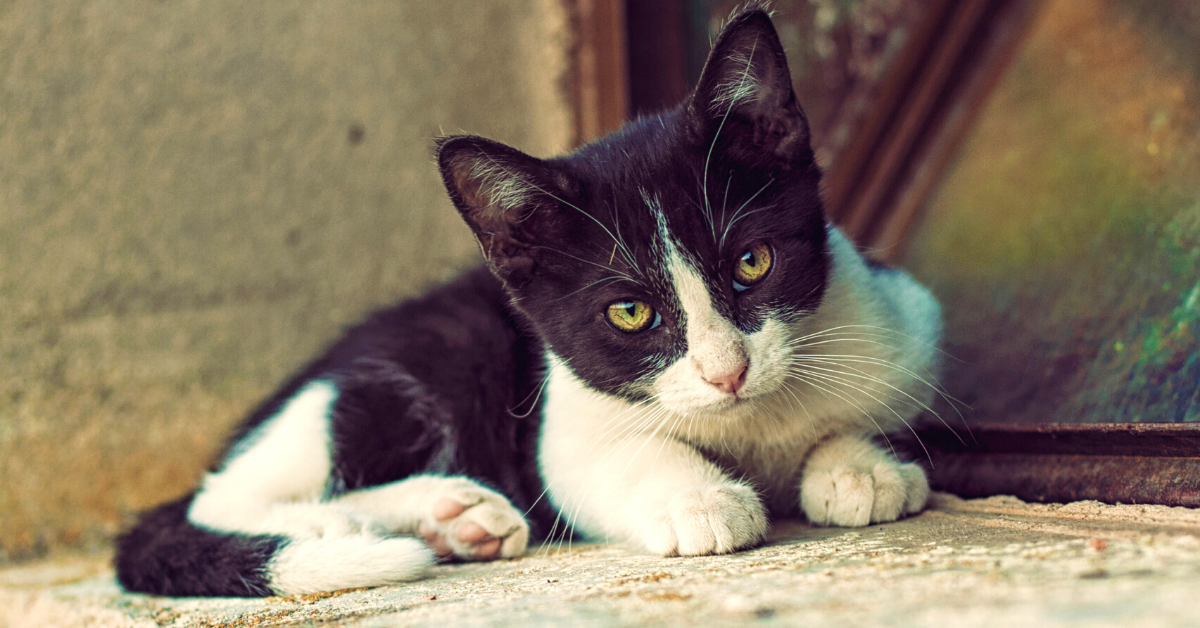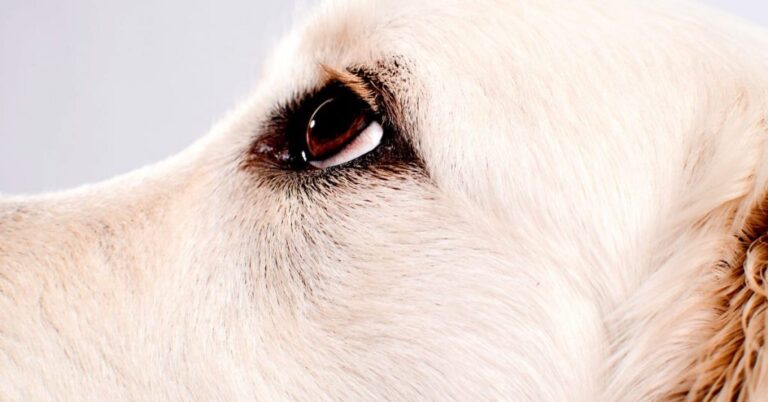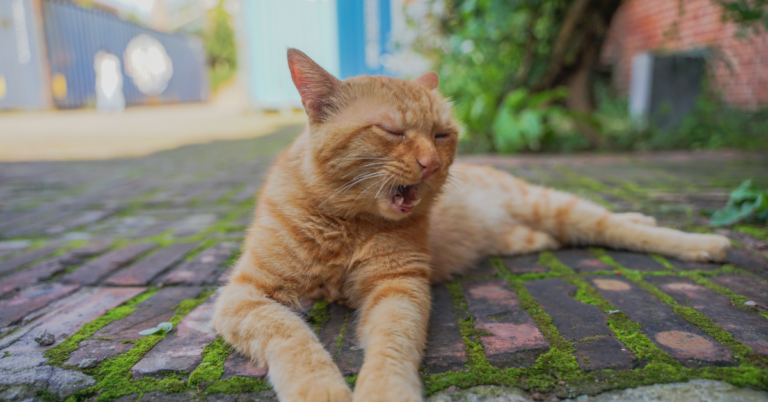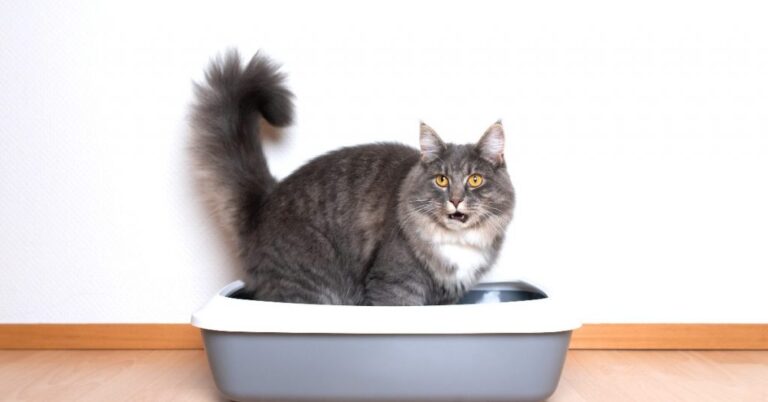Why Is My Cat Losing Hair?
Is your cat losing hair more than usual? Hair loss in cats is common, which is also known as alopecia. Alopecia can cause full or partial hair loss in cats.
Cats with alopecia may be licking or scratching themselves more than usual, which will cause hair loss, redness, bumps, scabs and skin loss surrounding the area of hair loss.
Treatment of this condition is possible if the cause is identified, and was diagnosed early.
If you notice that your cat is losing hair excessively, it’s better to contact your veterinarian for a physical examination.
Why Do Cats Lose Hair?
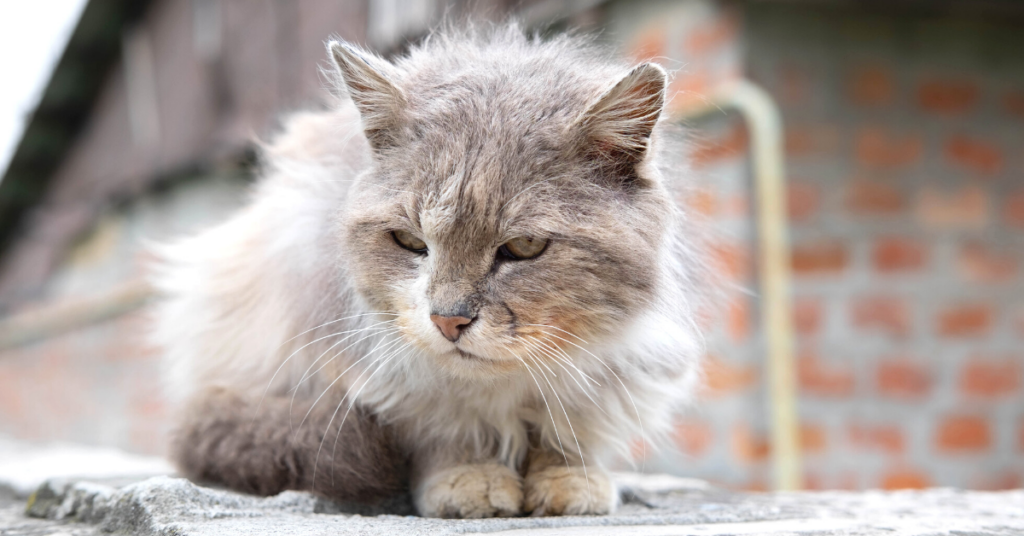
The most common causes of alopecia in cats include:
Hyperthyroidism: Hormonal imbalances in cats, or increased levels of steroids in the body, can cause fur loss.
Allergies: Skin allergies are the top most common cause of alopecia in cats. Food, insect bites, drugs, dust, and pollen can all cause allergies in cats.
Cats will lick their fur till there are bald spots to relieve the itching. It’s easy to treat, but you may have to medicate them for the rest of their lives.
Parasites: Irritation, inflammation, and lesions caused by parasites such as fleas, ticks, and mites can lead to hair loss.
Parasites that cause mange, and fungal infections like ringworm, are also common causes of cat alopecia.
These parasites may also cause the cat to over groom. Flea allergies in cats can cause them to scratch so fiercely that they irritate the skin, or bite and pull the hair out.
Emotional & Behavioral Causes: It is possible for cats to lose hair when they are anxious and lick or scratch excessively. This is referred to as “psychogenic alopecia” by veterinarians.
Nervous disorders cause cats to pick at their stomachs, sides, and legs. It’s more common in female purebreds who have an anxious temperament.
Physical Pain: Cats with arthritis may feel muscle or joint pain under the skin. To relieve the pain, the cat may continue to lick the area, possibly to the point of licking away the fur.
In addition, some drugs might cause hair loss as a side effect.
Uncommon Causes: Pure breeds, such as Himalayans and Bengals, are more likely to carry hair loss genes. Others are bred to be hairless, such as the Sphynx.
In addition, hair loss can be a sign of an immune system issue, cancer, or diabetes.
Diagnosis of Cat Hair Loss
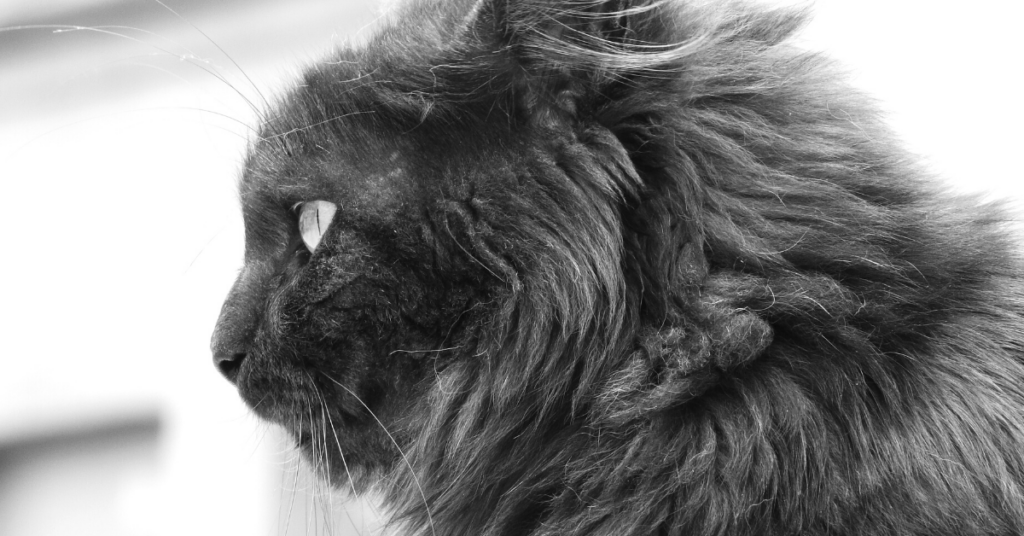
When you take your cat to the vet, they will do a physical examination to check for fleas, and other infestations.
The vet will also take samples from the surface of the skin to look under the microscope for mites, yeast, or bacteria. Skin biopsy may be needed as well.
The vet may also need to do blood tests to check if hormonal imbalances are causing alopecia.
If the cause of alopecia is still unknown, the vet may take X-rays or ultrasounds to rule out cancer.
Treatment of Cat Hair Loss
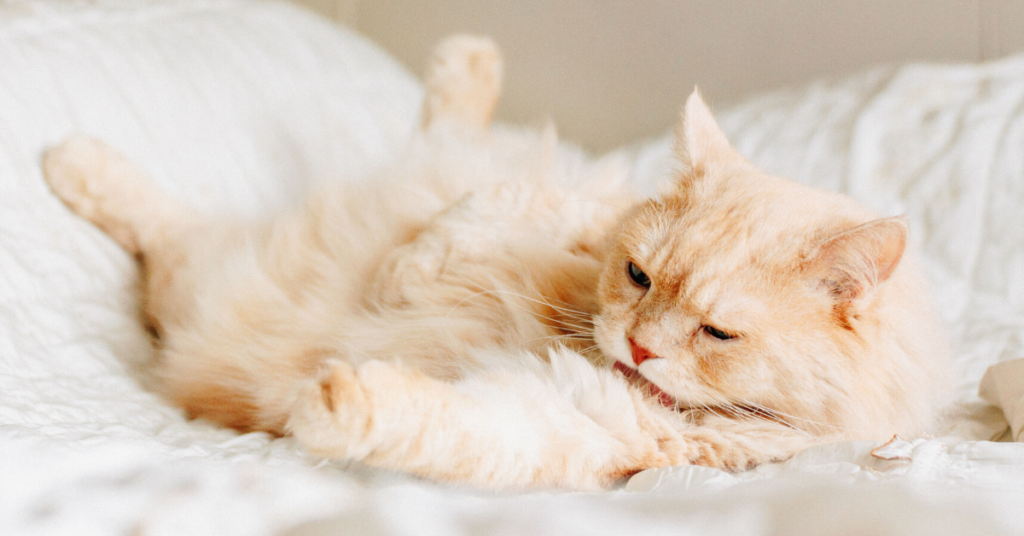
After identifying the cause behind hair loss in your cat, the vet will recommend the suitable treatment.
If alopecia is due to fleas, the vet will prescribe flea and tick control medications. Additionally, you’ll need to clean your house, including the cat’s bedding and toys.
If the cause was a skin disorder such as skin erosions, thyroid imbalance, or hormonal imbalances.
There are medications and topical treatments available. Talk to your vet about the safest ways to flea control and prevention.
If hair loss is due to a behavioral issue, the vet may prescribe anxiety medications, and a feline behaviorist may be able to assist you in reteaching your cat proper grooming techniques.
Treatment of the underlying cause can prevent further hair loss, without restoring lost hair.
How to Prevent Cat Hair Loss
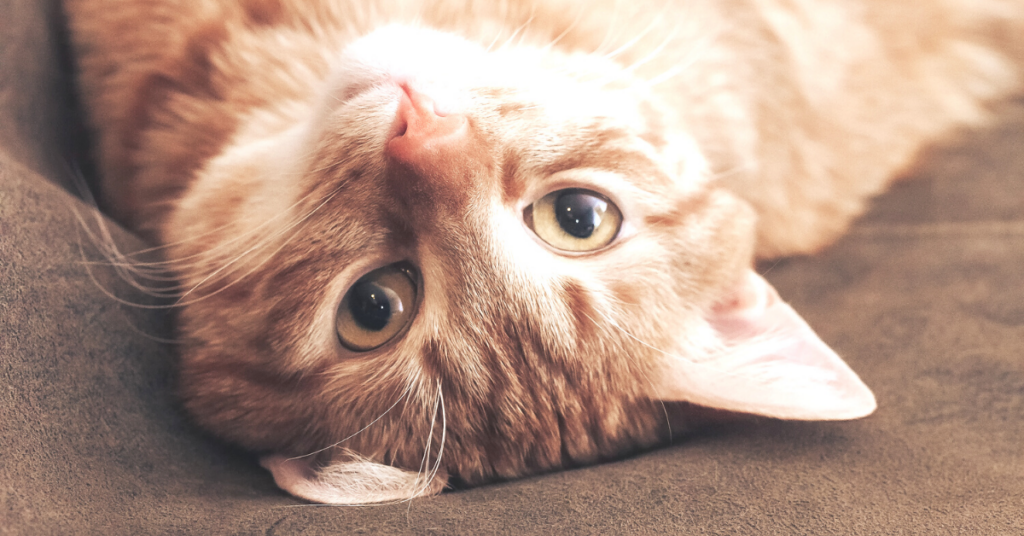
Despite that there is no way to prevent most forms of hair loss in cats. You can, however, relieve your cat’s pain and itchiness.
keep your cat on effective flea prevention to prevent infestations of parasites that can cause hair loss.
In addition, your veterinarian can recommend a safe topical treatment to provide relief from pain and itching.
Provide your cat with cat toys and playtime to keep her mentally active and prevent hair loss caused by nervous diseases.
Finally, you should keep an eye on your cat’s condition to ensure that it does not get worse.
Maintaining your cat’s skin health requires regular visits to your veterinarian.
When to See a Veterinarian
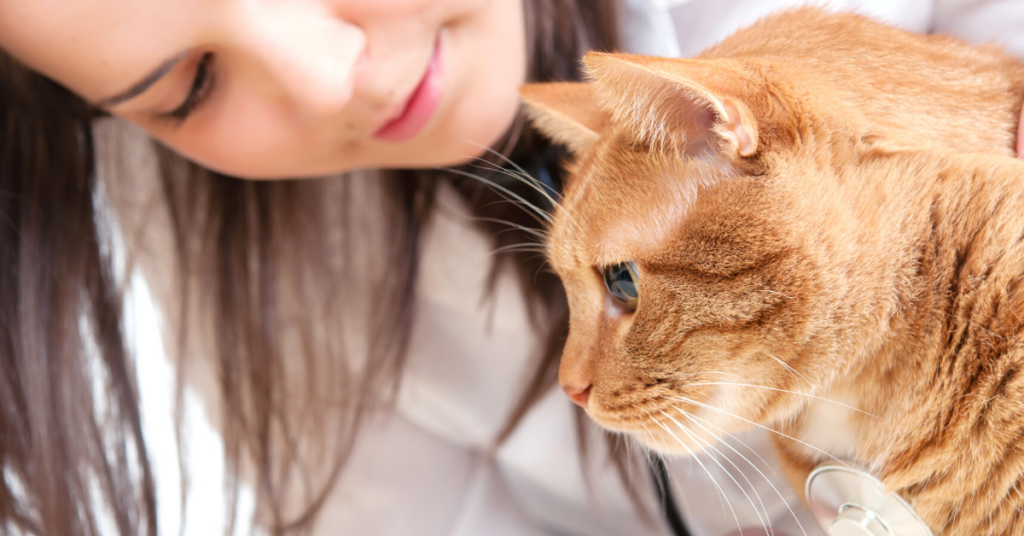
If you notice that your cat is grooming itself more than usual, and causing wounds, bald patches, redness, or scabs, on it’s skin.
It’s best to take your cat to the veterinarian to help diagnose the underlying cause behind hair loss.
The earlier the diagnosis, the better chances of healing.

